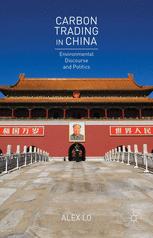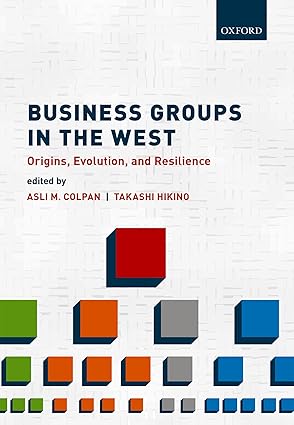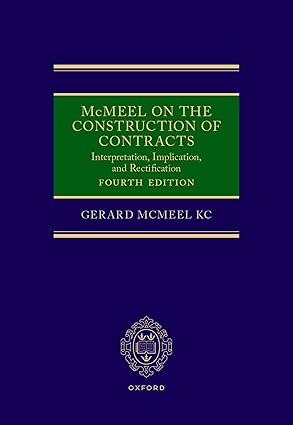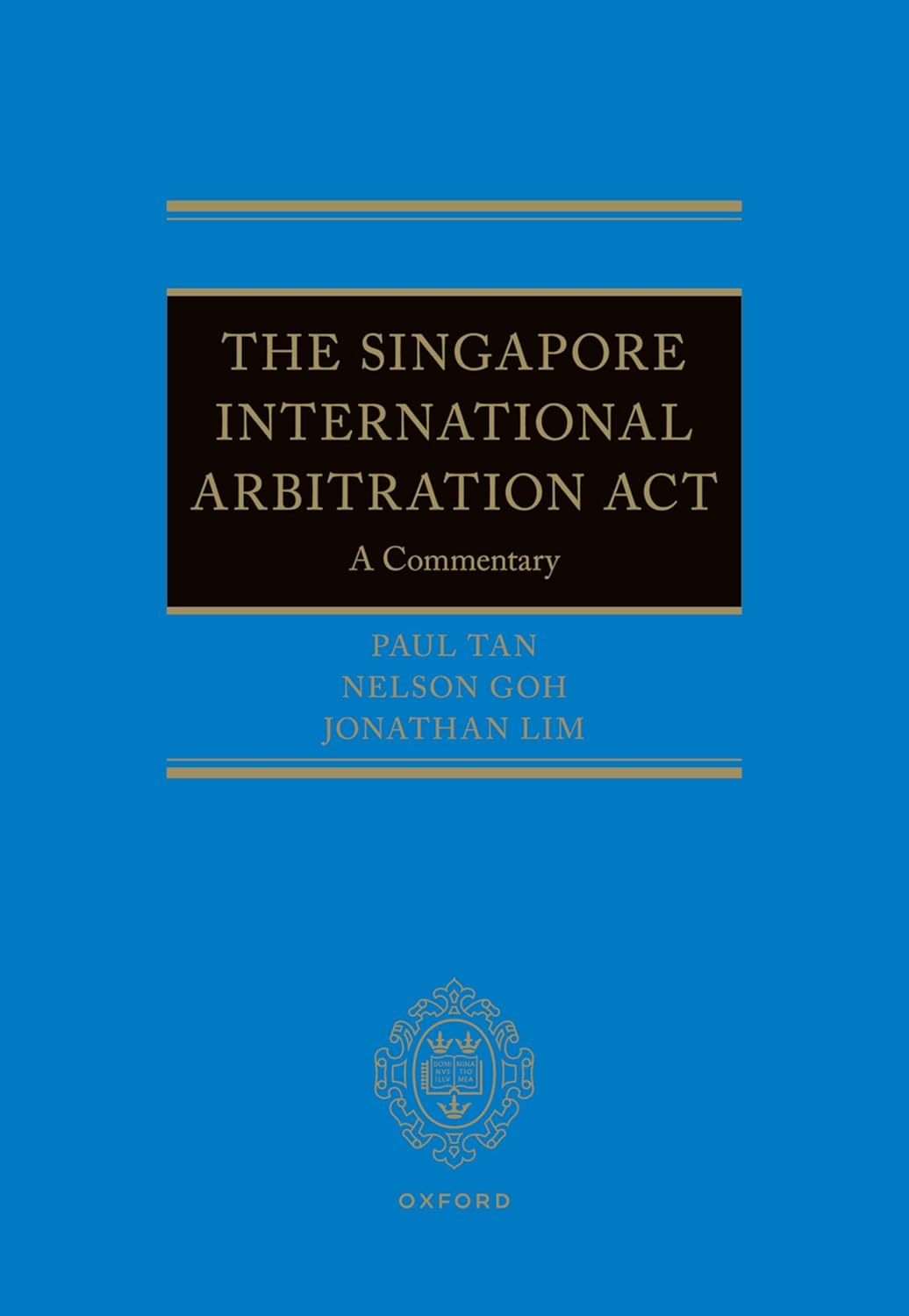Building economic strengths On 1 October 1949, Beijing witnessed a historic ceremony celebrating the founding of the People’s Republic of China (PRC). At a turning point in modern Chinese history, Chairman Mao Zedong stood in Tiananmen Square, right in front of the abandoned royal palace, and confidently proclaimed, ‘The Chinese people have stood up!’ Preceded by a miser- able century of national humiliation at the hands of foreign powers, Mao’s proclamation vividly symbolised the people’s passionate aspira- tions to make the nation stronger (Shapiro, 2001, 2012). Mao advocated socialism. China’s ideological enemy, at that time, was capitalism. More than 65 years have passed, things have changed, and China has come to embrace market principles. What have not changed, however, are the nation’s aspirations anchored upon fragments of the humiliating memories. Whichever ideology dominates, these deep-seated collective aspirations and memories continue to shape the political context and influence policy change in China
چکیده فارسی
ایجاد نقاط قوت اقتصادی در 1 اکتبر 1949، پکن شاهد مراسمی تاریخی برای جشن گرفتن تأسیس جمهوری خلق چین (PRC) بود. در نقطه عطفی در تاریخ مدرن چین، رئیس مائو تسه تونگ در میدان تیانآنمن، درست در مقابل کاخ سلطنتی متروکه ایستاد و با اطمینان اعلام کرد: «مردم چین ایستادهاند!» که پیش از آن یک قرن فلاکتبار تحقیر ملی در اعلامیه مائو به وضوح نمادی از آرزوهای پرشور مردم برای قوی تر کردن ملت بود (شاپیرو، 2001، 2012). مائو طرفدار سوسیالیسم بود. دشمن ایدئولوژیک چین در آن زمان سرمایه داری بود. بیش از 65 سال گذشت، همه چیز تغییر کرد و چین اصول بازار را پذیرفت. با این حال، آنچه تغییر نکرده است، آرمان های ملت است که بر تکه هایی از خاطرات تحقیرآمیز تثبیت شده است. هر کدام از ایدئولوژی ها غالب باشد، این آرمان ها و خاطرات جمعی عمیق همچنان به شکل دهی زمینه سیاسی و تأثیرگذاری بر تغییر سیاست در چین ادامه می دهد
ادامه ...
بستن ...
Author(s): Alex Lo (auth.)
Publisher: Palgrave Macmillan UK, Year: 2016
ISBN: 978-1-349-55543-7,978-1-137-52900-8
ادامه ...
بستن ...










